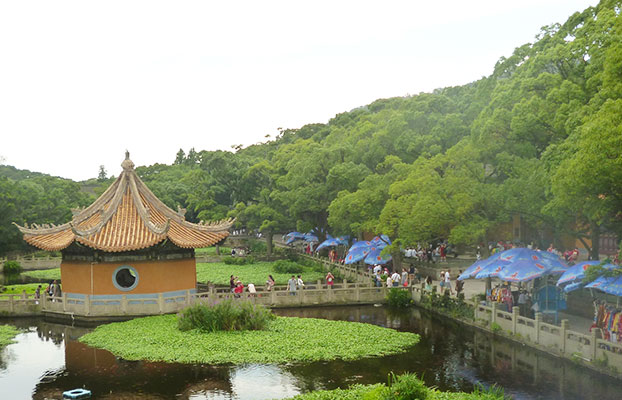
The flexibility of the St. Mary’s curriculum allows students to study abroad on a short-term, a semester, or even a year-long program without compromising their St. Mary’s course credits. Not only do students have the opportunity to satisfy their ELAW (Link here) requirement but they are able to fulfill major, minor, and elective course requirements as well.
Over 50% of St. Mary’s students take advantage of the more than 25 SMCM study abroad program offerings at some point during their academic career. While it may seem challenging for some students to study abroad due to their major requirements, financial means, etc., St. Mary’s has strived to provide programs that will fit will even the most challenging fields, such as Biology and Chemistry, as well as offer as many scholarship opportunities as possible to make study abroad an accessible endeavor for as many St. Mary’s students as we can.
SMCM – Middlebury College – Centre for Medieval and Renaissance Studies (CMRS) – Oxford, England
Students are able to take part in traditional Oxford style education by studying at CMRS , which is affiliated with Keble College, one of the University of Oxford’s many colleges. While there students will complete a research course, a readings seminar and at least two one-on-one tutorials in traditional Oxford style on the humanities that best fits their academic goals. They are also able to take part in additional Keble College activities.
Billy’s Kitchen Summer Shakespeare Study Tour – Stratford-upon-Avon
Billy’s Kitchen is a study tour designed to provide students an up-close-and-personal relationship with the Bard and his work within the literal and metaphoric context of consumption. Students study and attend five or six major dramatic productions of Shakespeare’s time, comparing their observations with those of world-renowned scholars and actors at the Shakespeare Centre and the Royal Shakespeare Company theaters in Stratford-upon-Avon, with an additional field trip to the Globe Theatre in London. In addition, students consider how Shakespeare’s plays as well as his name and image are “consumed,” both in terms of food and food imagery and in terms of British culinary culture.

